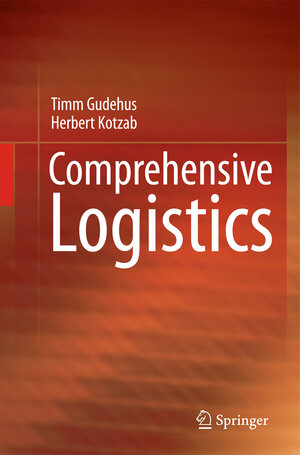
From the reviews:
“In comparison to other textbooks written to support learning and education in the field of logistics this work is unique in several aspects. … The granularity of the analysis is impressive. … The anecdotical evidence and … practical examples give the book a high credibility and support its reading. … it can be recommended as real good value for money. For professionals in the field of logistics it is a must.” (Wolf-Ruediger Bretzke, Amazon, March, 2010)
Modern logistics comprises operative logistics, analytical logistics and management of performance networks. Central task of operative logistics is the efficient supply of required goods at the right place in the right order at the right time. Tasks of analytical logistics are to design optimal supply networks and logistic systems, to develop strategies for planning, scheduling and operation and to organize efficient order and performance processes. Logistic management has to plan, implement and operate performance networks and to schedule the orders, resources and inventories.
This reference-book offers a unique survey of modern logistics. It contains methods, rules and tools for the solution of a broad variety of problems. The algorithms and formulas can be used for the computer-based planning of logistic systems and for the dynamic scheduling of orders and resources in supply networks. The analytically derived rules and strategies enable considerable improvements of performance, quality and costs. Their practical application is demonstrated by several examples from industry, trade and logistic service providers. An extensive index makes the book a dictionary of modern logistics.
The book is written for managers, planners and consultants, for economists and engineers, for theorists and practitioners, for scientists, students and others who are interested in logistics and performance networks.



